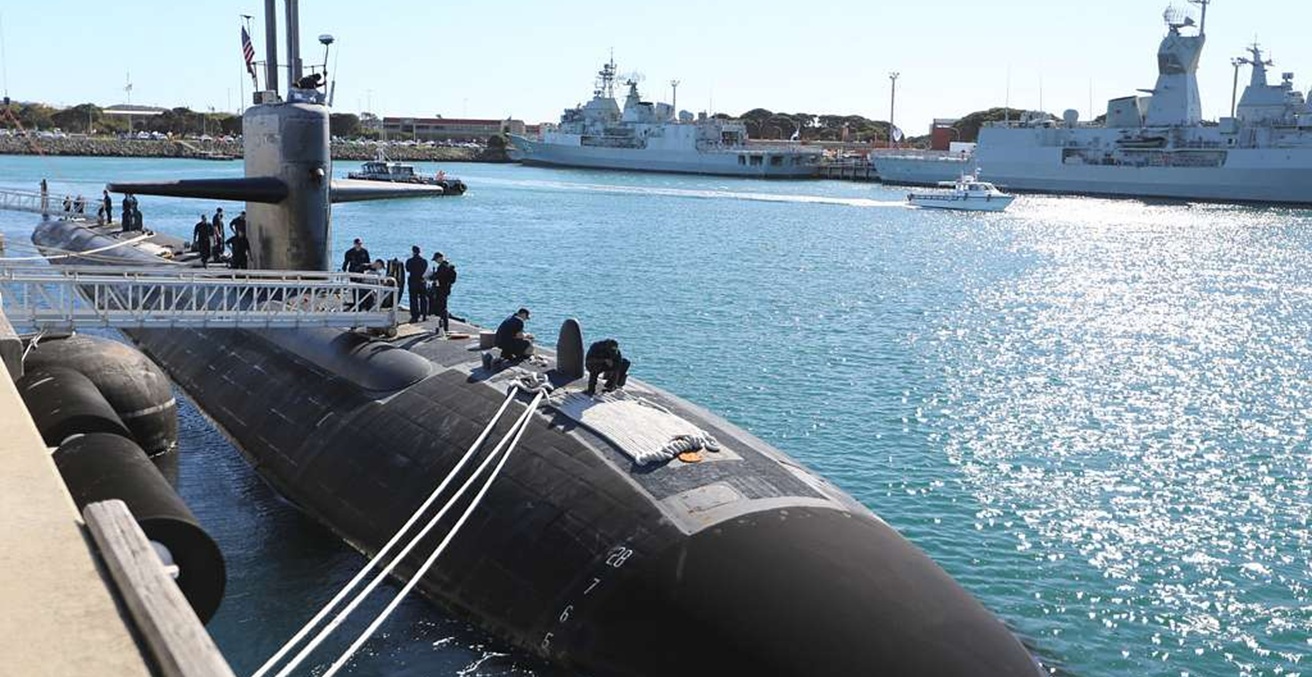Whatever the aftermath of Ukraine brings for Russia, it will not be a starry-eyed repudiation of Russian exceptionalism. While Putin’s absence will provide a good start, managing expectations in the West and expanding the pool of potential agents of change will be necessary.
How does one “exorcise” a state and society of its imperial exceptionalist claims? Russia’s war on Ukraine has brought the issue to the fore and in no uncertain terms: the argument that Putin’s onslaught was prompted by an inability to accept the realities of a post-Cold War security order devoid of spheres of interest and attendant hierarchical claims has certainly gained traction since 2022. So have parallels to aspirant and extant empires of the past: thanks to the popularity of the “Munich” trope, today’s Russia is often compared to the Third Reich in its aggressive revisionism, and the defunct Western colonial empires in its claim to superiority over perceived subaltern populations.
Indeed, like most, if not all aspiring great powers, Putin’s Russia maintains a claim to exceptionalism – one very much at odds with the requirements of the Liberal International Order (LIO). Concocted from elements of Tsarist and Soviet history, and shaped by Russia’s inability to conform to that order in preceding decades, it has grown more radical – and violent – in its hierarchical claims over a distinct civilisational area. Control over Ukraine, the current circumstance of which is presented in the Kremlin as a historical anomaly, is central to the reassertion of this post-modern aspiration where the current Russian elite can live out its fascistoid or postcolonial claims to exception separate from the strictures of the LIO.
An iron logic sometimes follows: if the Putin regime is indeed a post-Soviet, out-of-place reiteration of fascism, or a throwback to an era when mostly Western great powers could claim the right to rule over unwilling peoples deemed incapable of ruling themselves, the obvious solution is to apply the same methods to resolving its pathologies. Russia, it is thus said, must be comprehensively defeated and humiliated as Germany and Japan were in 1945, and the West’s end goal must be its “decolonisation.” If the Russian state is an empire, that argument continues, it should cease to exist as a state; and this, on the face of it, would be the simplest way of ridding its elite and society of its exceptionalist affliction.
Some appear to have no qualms about the fire and brimstone chaos that would most probably result from Russians and much smaller – and weakly positioned – ethnic groups engaging in a violent struggle over their own strip of Eurasia. The assumption appears to be that the disappearance of Russia itself would supersede any concerns about the resulting disorder, and that the West should – and could – insulate itself from its consequences. This is a rather optimistic projection considering the attendant, potential scale and transnational effects which no state or alliance boundary – however fortified – would ever be able to effectively address.
But is such chaos the only option out of Russia’s exceptionalism? Sceptics of more ordered change often reply that Russian society itself doesn’t provide much of an alternative. A post-Putin regime emanating from intra-elite struggles certainly doesn’t give much reason for hope. Most of the Russian liberal opposition – including the jailed Aleksei Navalny himself – is rejected as insincere because of past sins, and a tone-deafness to the demands of thoroughly post-imperial ideological change. The recent emergence of a number of more radical Russian opposition groups in exile doesn’t really change that equation. Considering their near-complete lack of support in the vast country, the odds of such “good” Russian idealists coming to power seem very long indeed. Again, Russian collapse is left as the most viable option in weening Moscow from its imperial ambitions.
However, this rather prematurely discards a less radical – and more viable – possibility, one paradoxically based on the Western decolonising experience. Then and there, exit from Empire did not necessitate the coming to power of starry-eyed, anti-colonial idealists. In most cases, withdrawal was managed by pragmatists who had, in previous decades, been fervent believers in colonialism – the Tories in Britain and Charles De Gaulle in France, for instance. Portugal – where the Carnation Revolution belatedly swept away an ossified authoritarian, colonialist regime – is very much the exception that proves the rule.
To place one’s hopes on a potentially all-consuming collapse because of the hopelessly imperialist nature of the current regime, the imperfectly reformed character of the mainstream liberal opposition, or the irrelevance of its more radical counterpart would therefore seem precipitate. Decolonisers of Russia should be honest with themselves, and with others, on the fact that a complete implosion of the Federation would be an unmitigated, potentially genocidal disaster whose effects could, in all likelihood, not be contained, and that expectations of perfection from Russia’s opposition set the bar impossibly high.
Instead, they should firstly expand the pool of current and potential agents of change, and manage their expectations. Whoever comes after Putin will almost certainly not be a fervent, long-time ideological opponent of imperial exceptionalism, and much less a proponent of Russia’s dismemberment, violent or otherwise. He (or she) may very well also not be a liberal democrat. But Suez-like “events” – such as a failure in Ukraine – could engender a reluctant rather than principled realisation among Russian regime and opposition pragmatists of all stripes that the days of dominance are over, as was the case in the West during the first years of unwilling decolonisation.
Rather than being dismissed, engagement with formerly reluctant anti-imperialists like Navalny should therefore be welcomed as the start, not the end-point, of a lengthy decolonisation process, and as one building block within it. The expectation should not be that Russians self-immolate, or that they turn into Western-style democrats. Instead, the aim should be the superseding of its current, highly problematic, imperial form of exceptionalism with an alternative that is better attuned to the requirements of a more equal coexistence, first with its now-independent neighbours, then with the peoples and nations within the Federation.
Successful resistance by Ukraine, and the agency of those neighbours and peoples, would provide an important lynchpin towards a less-than-ideal goal which might over the longer term even make what is impossible today – the independence of unwilling subalterns like Chechnya, for instance – possible. As in the West – where decolonisation is a far from completed process – Russia’s move away from Empire will require a longer, more flexible, and pragmatic view, and a critical engagement with the broadest possible range of actors. Navalny’s transformation from his earlier racist and imperialist days could then become but one of many such future exorcisms into reality.
Dr. Kevork Oskanian is a Lecturer at the University of Exeter, UK. His latest monograph – Russian Exceptionalism between East and West: The Ambiguous Empire (Palgrave) – provides a novel long-term approach to the role of Russia’s imperial legacies in its interactions with Eastern Europe, the Caucasus, and Central Asia. His current research interests include the International Relations of Eurasia and Bourdieusian approaches to International Order.
This article is published under a Creative Commons License and may be republished with attribution.




